Interview: Christine Andreas and Bill Toone of the ECOLIFE Conservation VIRTUAL CRUISE GALA
Broadway's Christine Andreas and Michel Bell are among the artists supporting ECOLIFE with their talent.
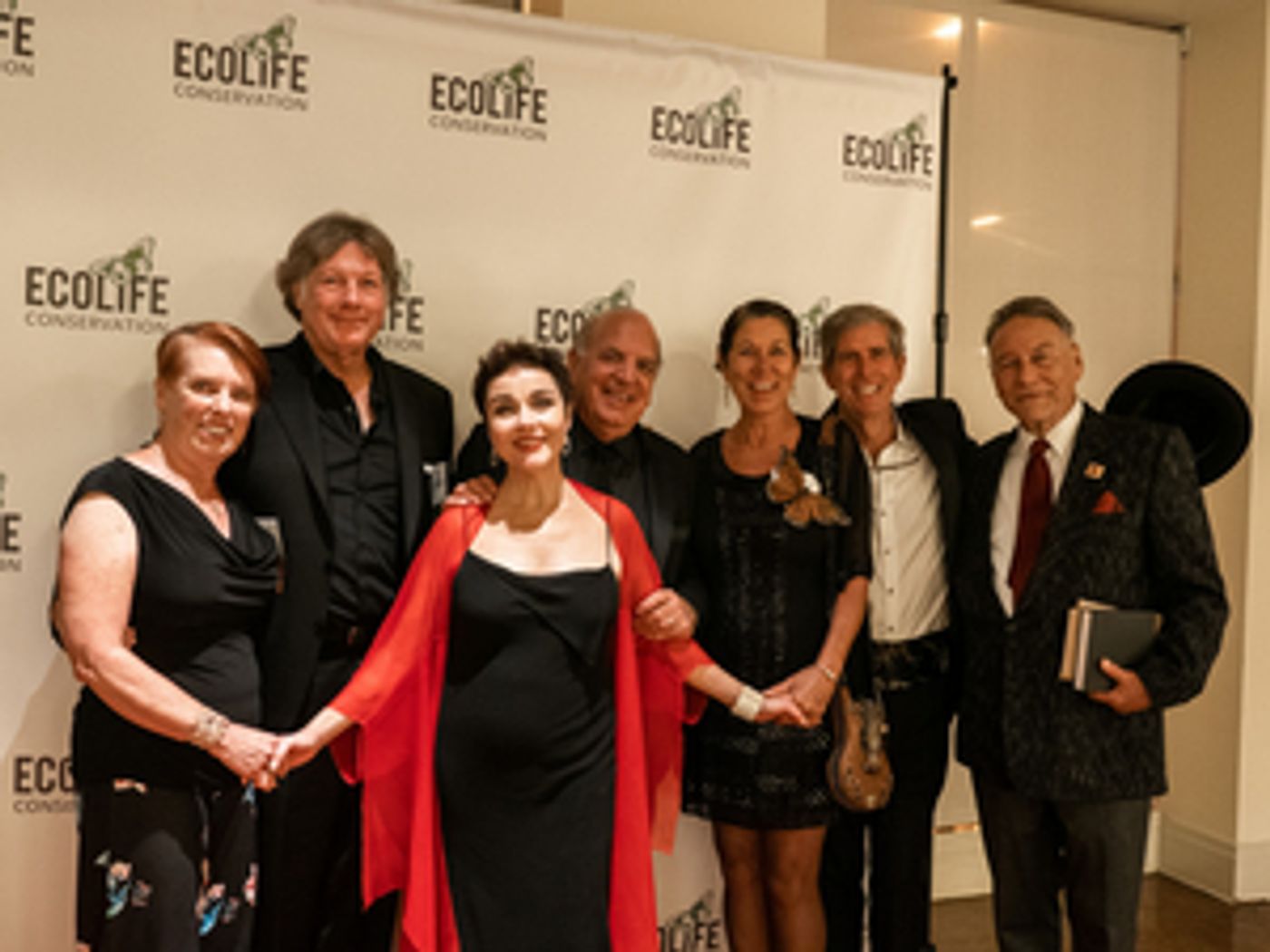 Thank goodness for Facebook.
Thank goodness for Facebook.
In the film "The Matchmaker" Shirley Booth says "Money is like the sun - it can cure or it can kill," and that's sort of what our social media is like. You can't log onto any social media app these days without being bombarded by bad news that makes you sad, depressed, or angry. That's why this writer logs on, posts what needs to be posted, and gets the hell out of Dodge. There was this one day, though, when (just as I was about to sign off) something caught my eye. On October 17th Christine Andreas was going to be singing in a virtual gala for an organization I didn't know but that had the word ECO in its name. Raise your hand if you love Christine Andreas. Now raise your hand if you care about the planet. Yeah, so, you would have stopped to get the information, too.
What I found was so interesting and life-affirming, I reached out to Ms. Andreas and asked if she would introduce me to Bill Toone, so I could learn more about ECOLIFE and the upcoming benefit. What came out of that was not one, but two in-depth interviews with two remarkable people whose passion for and commitment to a better world would enthrall and inspire anyone.
And inspiration is something we all need right now.
So please enjoy reading these digital chats, reproduced in their entirety, with Bill Toone of ECOLIFE, and Tony Award nominated singing actress Christine Andreas.
Bill Toone, welcome to Broadway World; we are so happy to be talking with you today. You are currently working with one of our favorites, Christine Andreas, on a virtual gala for ECOLIFE Conservation. Is there a high-concept way of describing the important work that ECOLIFE does?
Hi Stephen, I am excited to be talking with you about this. ECOLIFE Conservation implements a different brand of conservation because each of our programs provides broad human benefits along with large measurable environmental impacts.
Conservation has most often been promoted through charismatic endangered species. Elephants, condors and the like, but true conservation needs to be as much about the survival of our own species as about conserving other species.
Like all animals we have an internal drive to save ourselves. In an instant, it is that reaction to jump out of the way of an oncoming car. Conservation is hard for many people to embrace because it is a slow motion car wreck taking decades to play out. Today the need is more critical than ever, the car wreck is occurring at a speed that calls for urgency. So our approach has been to implement key conservation efforts that provide immediate and measurable rewards to people. In sustainable agriculture we promote techniques that increase production and reduce time to market while requiring less land and water. This means bigger profits the first time around. With a new stove, the air in their home is instantly cleaner, their kids are safer and their costs or effort associated with getting fuel is reduced.
I live in California and we are on fire like never before. We are experiencing climate change first hand and it is deadly as it is devastating. Both of our major programs not only benefit people and our natural open spaces but they also have profound impact on carbon emissions. Every stove we build is the equivalent of taking a car off the highway for a year in the USA. Protecting the forests conserves carbon sinks. Agriculture has a giant carbon footprint the our strategies help to reduce that footprint. We believe we have uniquely positioned ourselves to have the broadest positive impact for the conservation dollar.
You are the founder of ECOLIFE, with a very early life relationship with nature - was this passion something you were born with or what you were taught?
I am not entirely sure where my passion for Nature came from but it began very early in my life. My parents had moved to San Diego from New Jersey and wildlife was new to them. By the time I was four or five years old I was bringing frogs, snakes and lizards into the house. When I was six-years old I fell in love with some baby chickens I saw at the San Diego Zoo and that really launched it. I wrote to the Curator of Birds and he gave me some chickens. He later became a real mentor after I was selected to collect and raise the first California condors to come into captivity.
In the condor program I was surrounded by and mentored by passionate and brilliant people engaged in an urgent fight for a species survival. It was the best possible training and it positioned me to pursue other programs in conservation both domestically and internationally. In every program there was a new lesson to be learned.
Over time I learned to separate rhetoric from results, short-term successes from long-term impacts and the distinction between having a love for animals and doing the right thing for a species. Some of those lessons were hard learned and they were both professionally and personally challenging. ECOLIFE's mission is the end product of more than 30 years of that kind of practical experience.
What is the genesis of your fundraising galas and Christine's devoted participation in the cause?
I am first and foremost a biologist. Life experiences shaped me reluctantly into a nonprofit leader and fundraiser. It has not been easy. It is through a skilled board, passionate philanthropists and generous artists that ECOLIFE has found the footing in implementing its important programs.
We had been doing fundraisers in San Diego with some wonderful local talent for years, but when we met Christine Andreas we were able to take it to a different level. She and I met while she was performing and I was lecturing on Crystal Cruises. Like anyone else who has heard the magic that comes from this beautiful woman's mouth I was instantly captivated and went out of my way to meet her. It can be disappointing to meet a beautiful and talented person as those attributes can be a thin veneer. Not Christine. She is everything lovely to her core and as she learned of my work she expressed a keen desire to help.
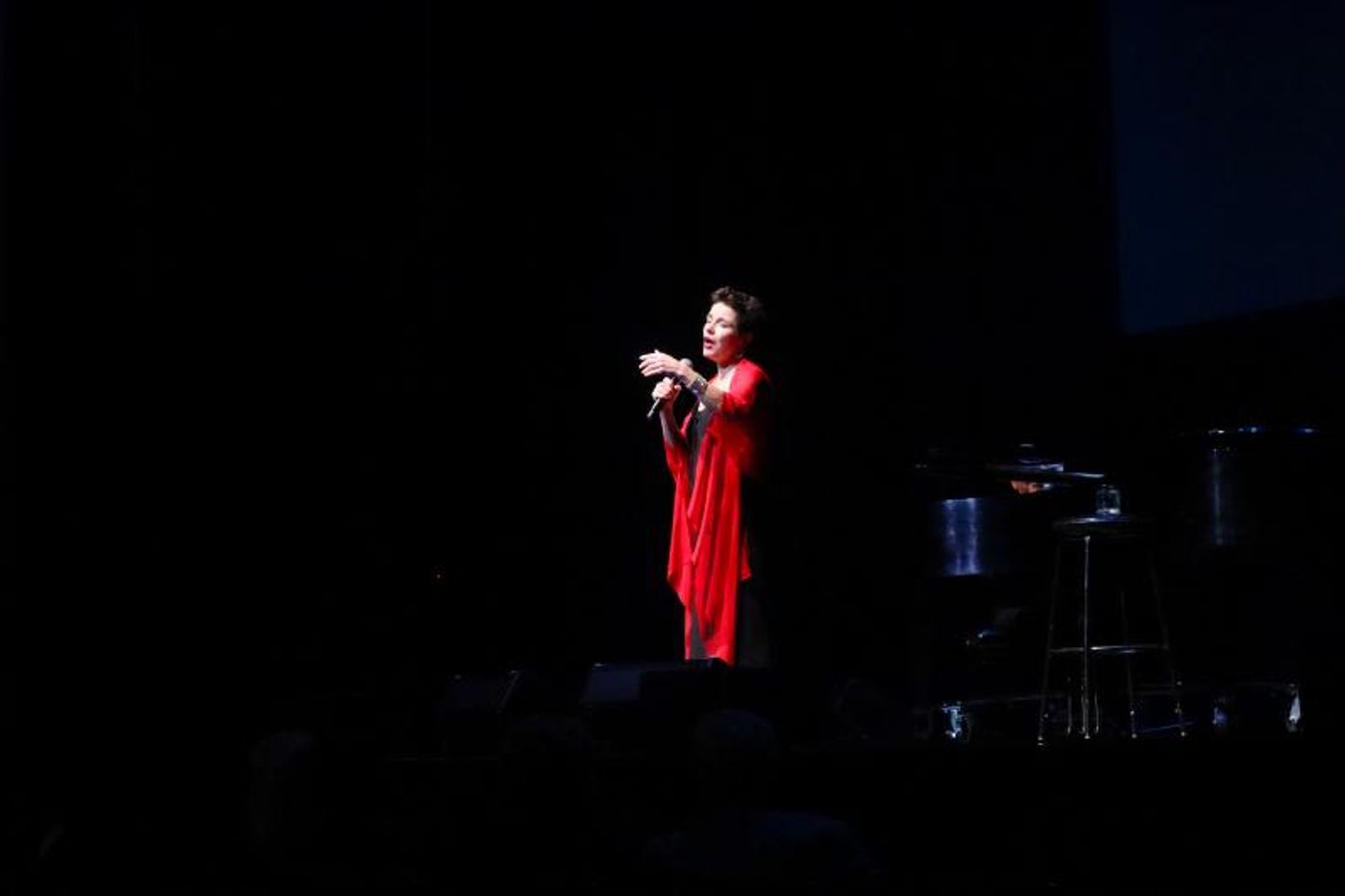
Sweetly enough, she was also captivated with my stories of my work and with this mutual admiration we knew we could move mountains. With a special needs child at home, Christine was no stranger to the rewards of challenging projects and now she was willing to take on another. With all that she and her wonderful husband Marty Silvestri have on their hands, I simply could not be anymore grateful to them.
Christine says you have had some interesting adventures in your work - would you mind sharing one of your favorite work stories with Broadway World?
Yes, there have been many amazing adventures. My passion landed me a job picking up trash for the San Diego Zoo when I turned 16. A couple of years later I found myself on the night shift hand-raising a baby lowland gorilla. Among many other great experiences, I had the opportunity to travel with Joan Embery, the zoo's Goodwill Ambassador and my little gorilla to the Tonight Show in Los Angeles. But it was going to graduate school and my work with the recovery of the California condor that really launched things. I was young and my career truly took flight on the wings of the condor. I found a special niche within the field of conservation by being comfortable in front of audiences and the fortunate skill of being able to share science in an understandable way. That led me to the Tonight Show sitting alongside Johnny Carson and later to Costa Rica helping Olivia Newton-John on a television series, Human Nature.
But during those years and for some after, I was a very traditional conservation biologist but over the years becoming more and more concerned about how conservation was done.
For me, the turning point took place in a very remote community in northeastern Madagascar where I fell in love with an 18 month old boy named Emilien. My wife worked on and off in this remote community for almost 4 years and our relationship with this little boy grew and grew. When our contract expired and we were leaving his community for what we expected to be the last time, it was very painful. At the last moment Emilien's parents presented him to us to take home - they hoped we could offer a better life for him.
We of course could not take him and with a flood of tears we left. Only 4 months later an enormous cyclone (Cyclone Hudah) hit directly where our tiny village was. My wife and I wanted to go back to help our community and to search for Emilien. The conservation community turned their backs on us because this was a "human issue" and not a conservation issue. We returned twice with our own money and money from friends but ultimately failed to find many survivors from our community. We did not find Emilien.
This was the moment when I decided conservation needed to be done differently and it has been my passion ever since. ECOLIFE was officially founded in 2003 to close the gap between conservation efforts and human communities.
Your virtual gala features other talented artists, including Michel Bell - put a picture in my head of what attendees can expect when they attend.
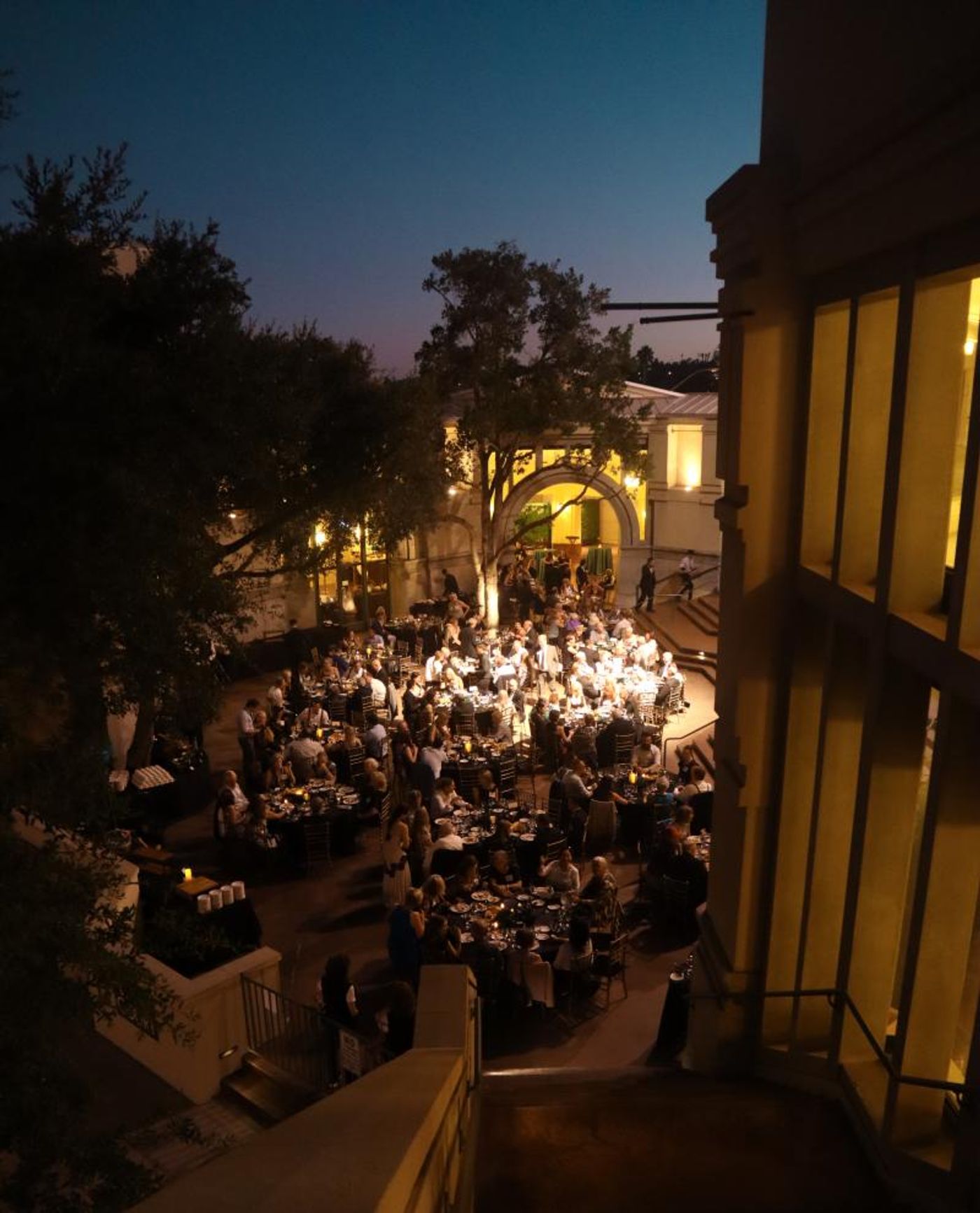 Covid-19 has had an awful impact on our world. Broadway knows this well. So many talented people are out of work, communities devastated by health impacts and the financial collapse. But in a brilliant way these talented artists; Christine Andreas, Martin Silvestri, Michel Bell, Catherine Matejka, dancers Curtis Collins and Beverly Durand along with Gary Arbuthnot recognized that there were other communities around the world even more profoundly impacted and they took their new-found gift of time and offered to put it to work as they always have with their art - to continue to make the world a better place.
Covid-19 has had an awful impact on our world. Broadway knows this well. So many talented people are out of work, communities devastated by health impacts and the financial collapse. But in a brilliant way these talented artists; Christine Andreas, Martin Silvestri, Michel Bell, Catherine Matejka, dancers Curtis Collins and Beverly Durand along with Gary Arbuthnot recognized that there were other communities around the world even more profoundly impacted and they took their new-found gift of time and offered to put it to work as they always have with their art - to continue to make the world a better place.
I am an optimist. If my glass is half-full, I generally pour my dreams into a smaller glass. Covid has presented huge and obvious challenges but also some hidden opportunities. By going virtual and by riding on the coattails of amazing Broadway talent, we can finally take our important story national. Already our event registrations are showing the blessings of being able to use the the reputations of amazing artists and the power of the internet to more effectively to share our stories. We hope sincerely that your readers will take the opportunity to enjoy great talent and wonderful stories - everyone is welcome and it is not necessary to donate in order to participate.
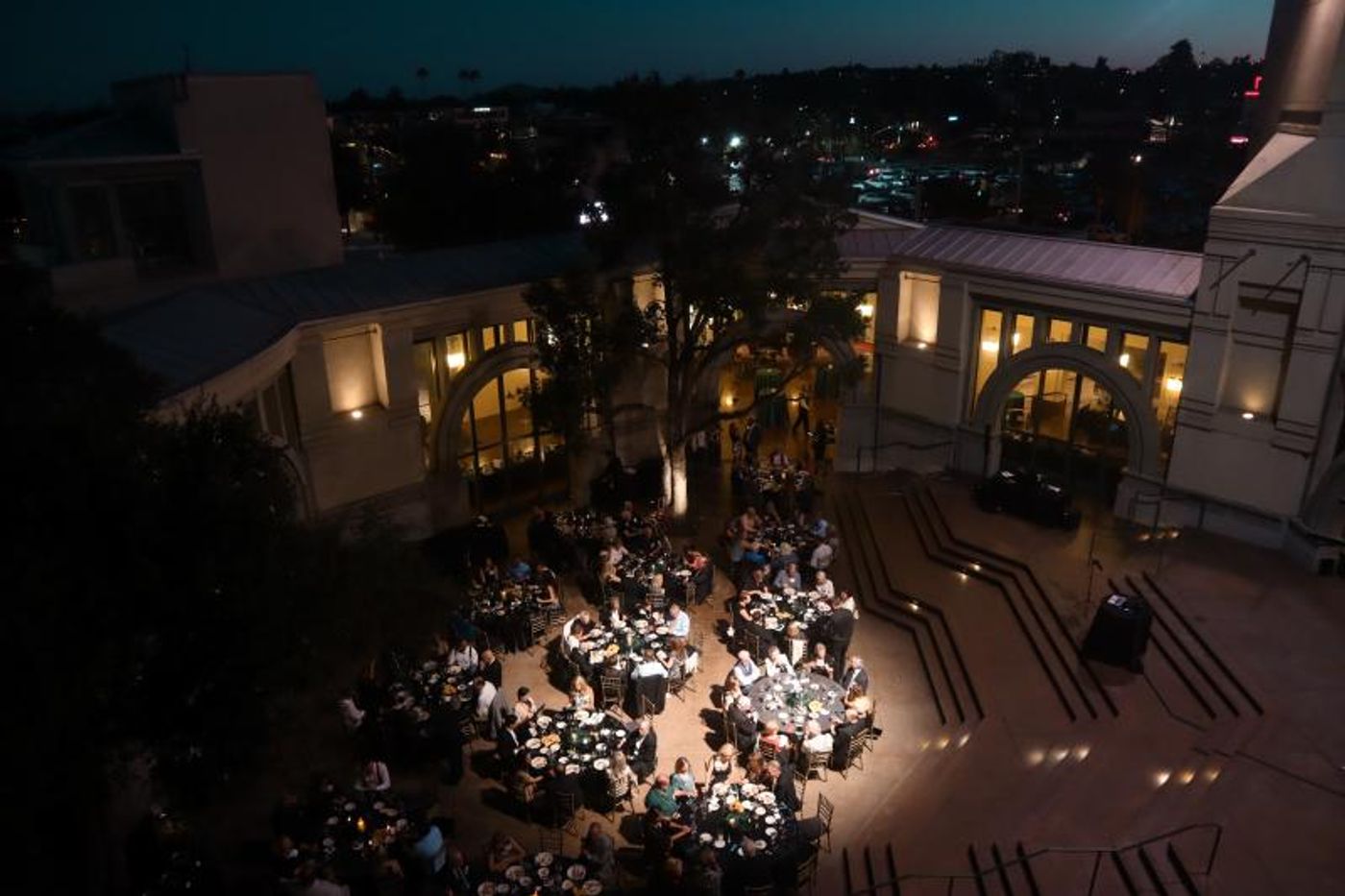
ECOLIFE has specific work that you do in three different countries, the USA, Mexico and Uganda. What are those special focuses?
We spent three years defining how ECOLIFE Conservation would work.
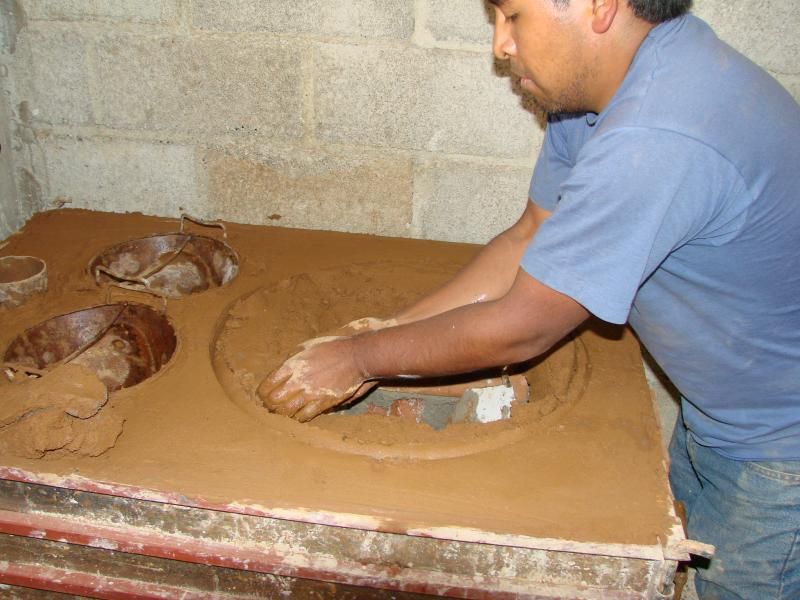 We first studied environmentally related human deaths. What we learned 20 years ago remains as solid as it is surprising. The number one environmental killer of people is the spectrum of diseases associated with indoor cooking fires. More than 3 billion people still cook over on open fire on their kitchen floor. Inhaling the smoke from these fires is the health equivalent of up to 400 cigarettes a day and kills 4.3 million people annually.
We first studied environmentally related human deaths. What we learned 20 years ago remains as solid as it is surprising. The number one environmental killer of people is the spectrum of diseases associated with indoor cooking fires. More than 3 billion people still cook over on open fire on their kitchen floor. Inhaling the smoke from these fires is the health equivalent of up to 400 cigarettes a day and kills 4.3 million people annually.
We then paired that with primary causes of species extinction which is habitat loss. Habitat loss is largely driven by expanding agriculture and interestingly enough, by 3 billion people cutting wood for cooking fires.
With this information we decided the most important thing we could do for the environment and for our future was to develop and promote more sustainable forms of agriculture and to provide safe, fuel-efficient stoves. This has become our mission. In Uganda and Mexico we focus on stoves, in the USA we are focused on agriculture. As our resources grow we plan to bring our agricultural resources to the same communities where we do our stove work.
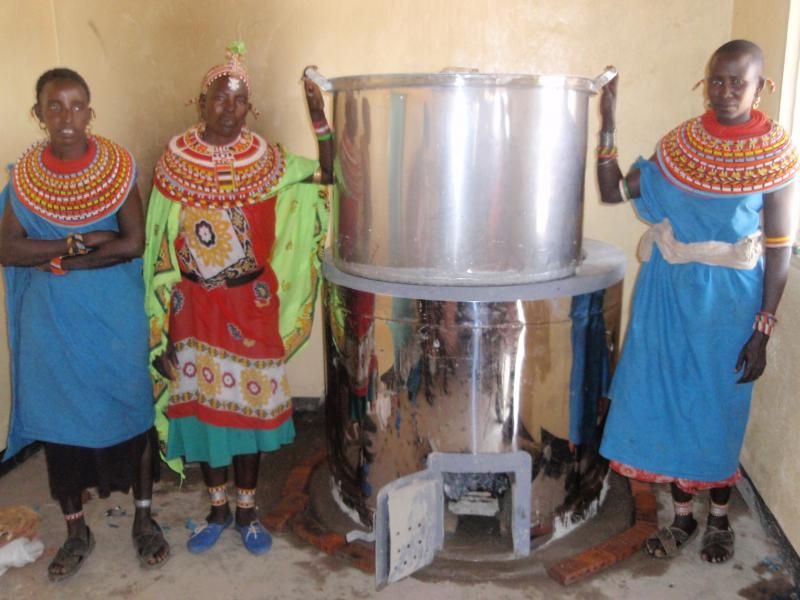
We chose the geographic locations of our first international programs very strategically. Each had to be associated with a UNESCO World Heritage Site, a significant environmental problem, an underserved population of people and a charismatic species.
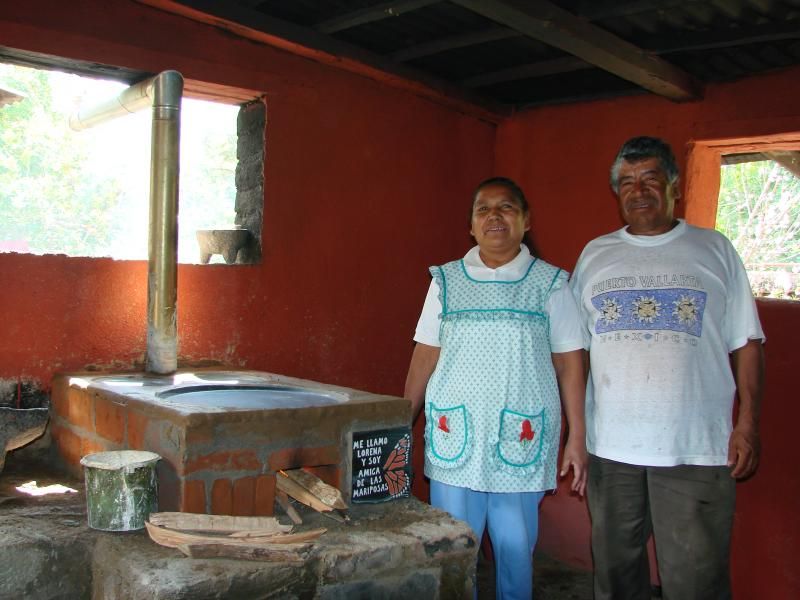 In Mexico we work with the Mazahua and Purépecha people of Michoacán. The mountains near their homes make up the Monarch Butterfly Biosphere Reserve - the place where nearly all of the monarch butterflies from east of the Rocky Mountains spend their winters. Historically as many as one billion butterflies would overwinter in these mountains but as the forests have been degraded, the insulating capabilities of the forest are diminished and their winter survival rates are compromised. Over the next several years we put over 75,000 fuel-efficient stoves into homes in the buffer zone around the forest effectively protecting hundreds of thousands of trees from being turned into fuel. The community's health will be improved, carbon emissions reduced and forests conserved through one simple action.
In Mexico we work with the Mazahua and Purépecha people of Michoacán. The mountains near their homes make up the Monarch Butterfly Biosphere Reserve - the place where nearly all of the monarch butterflies from east of the Rocky Mountains spend their winters. Historically as many as one billion butterflies would overwinter in these mountains but as the forests have been degraded, the insulating capabilities of the forest are diminished and their winter survival rates are compromised. Over the next several years we put over 75,000 fuel-efficient stoves into homes in the buffer zone around the forest effectively protecting hundreds of thousands of trees from being turned into fuel. The community's health will be improved, carbon emissions reduced and forests conserved through one simple action.
.jpeg) In Uganda we selected the Bwindi Impenetrable Forest - a special forest that is home to the Batwa people and mountain gorillas. It is there, deep in the forest that I had a wild gorilla grab onto my shirttails and want to play. Tourism based on the mountain gorillas is important to these communities but like our friends in Mexico most of the people are directly dependent on the forest for their food and fuel. Our program there currently is centered on stoves but we are developing a farming program to help offset food needs currently fulfilled by poaching.
In Uganda we selected the Bwindi Impenetrable Forest - a special forest that is home to the Batwa people and mountain gorillas. It is there, deep in the forest that I had a wild gorilla grab onto my shirttails and want to play. Tourism based on the mountain gorillas is important to these communities but like our friends in Mexico most of the people are directly dependent on the forest for their food and fuel. Our program there currently is centered on stoves but we are developing a farming program to help offset food needs currently fulfilled by poaching.
Conservation is as important at home. Here in California our work focuses on sustainable agriculture. California and Arizona produce more lettuce than any other country in the world except China. Unfortunately the water and land associated with filling this need is taxing waters supplies throughout the west. California ran out of water 100 years ago and our deficits are made up for by importing water. Our strategies are to reduce the water and land needed to grow vegetables by at least 80%. This can be done using hydroponics, but ECOLIFE chose to use organic aquaponics - a hybridization of fish farming and hydroponics. We work a lot with tomorrow's farmers - we provide curriculum to schools in all 50 states but with a huge focus on those schools in southern California.
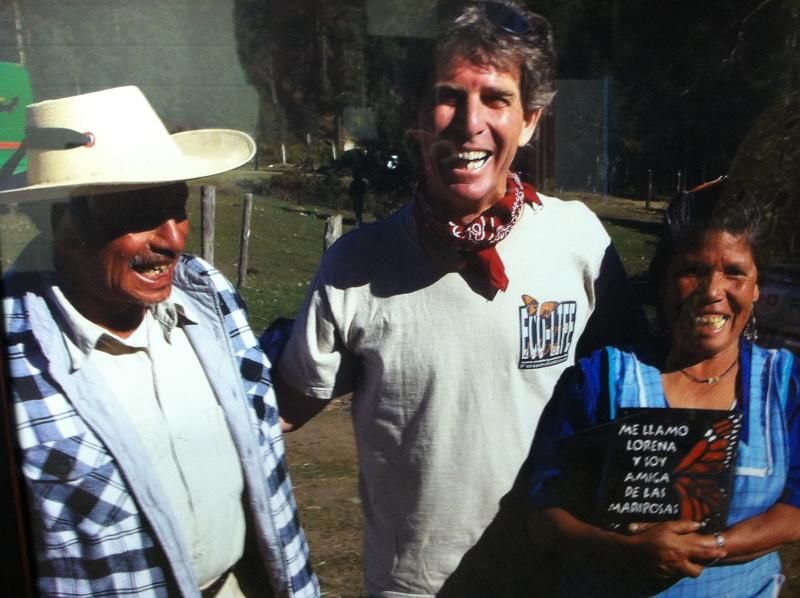
Bill, by this point we all know that we have to do our part to save the planet. What are some of the most basic ways that the everyday person can get involved and do their part?
Great question Stephen. Let's start with some common sense. Yesterday was hot here in California and I went to the nursery to get some native plants (hint) for our yard. I noticed several cars idling in the parking lot with no one in them. They had left the air conditioning on so that the car would be cool when they came back. The connection between how hot it is and how their car impacts climate was apparently lost on them. This is particularly stunning to me having spent so much of life in countries where they turn the car off to save fuel when they are going downhill! So start with using your brain and then progress to technology. LED lights to reduce power use, fuel-efficient cars to reduce your carbon footprint, eat lower on the food pyramid by reducing your consumption of meat. All of these things are helpful and will save money.
And with those savings maybe we can start to think of the people who, because they cannot afford cars, lights, meat or even cooking fuel, are cutting down forests to provide their families with their most basic needs. An important part of conservation will be to lift people from poverty if only so they can get the education that so often leads to smaller families and less impact on our resources.
And on a larger level, if a person was looking to add meaning to their life by changing professions and going into your field, what is the best way for them to make a start?
There is almost no profession that should not be valued by the conservation world. The profound skill and gift of actors and performers to touch people's hearts and spread a message. Writers to tell the stories, marketing people to be sure the stories are heard. Finance because nonprofit is misleading - we are a business and the money needs to be acquired ethically, well managed and then efficiently spent for the greatest impact. Volunteering these skills is a blessing but at the same time we need great talent to make a career of this, and this means donors need to be willing to pay the "overhead" for greatness. At ECOLIFE our board pays every cent of overhead to ensure that it is not a barrier to donations or to greatness.
Bill, thank you so much for taking the time to talk with Broadway World today - it really means a lot to me, personally.
Thank you Stephen!
The next day...
Christine Andreas, welcome back to Broadway World! We have really enjoyed your virtual contributions to the music world while in quarantine. How are you and the family?
Actually Stephen... we are feeling blessed during this crazy time.
During the last six months you and Marty have made sure to stay active online and producing music for everyone. While you've been keeping us all uplifted, what are some of the ways you folks have stayed balanced?
Well, making music keeps us uplifted too, Stephen. Keeps us tuned up, and for years our performance schedule has had us traveling world-wide & domestically every few weeks. It's exciting and we love it, but to have these last 6 months at home... being home, being still... (well, trying to be still)... taking time for all those things you say you never had time for...we have appreciated this life we have created. (As I type, Marty is at the piano working on a new, luscious, gorgeous arrangement...! )
Staying balanced!!? Lord, that's challenging for me in the best of times being a triple Libra :) . Marty and I talk about this a lot of course...
First of all, we don't feel victimized by Covid & perspective is everything. We look at it like the re-set that many speak of. A chance to review choices... I mean, when were any of us gonna slow down? When??? And we're giving the earth a chance to recover from some of the messes we've been making... Venice has clear canals again... (OK, that's cause sediment isn't being stirred up by all the sailing vessels, but it's nice! ) But isn't this forced 'pause' like a demand from the Universe to wake up, SLOW DOWN, take care of 'business'... humanity's business? Like, right now I'm trying to teach Marty to use fewer paper towels!!! Trust me, that's challenging...!
You're keeping really busy right now, with the Cabaret Convention and the ECOLIFE benefit - what are some of the upcoming places where fans can see you at work?
Well... I have a few private engagements that are so far on the calendar, but as to public events, well, right now NY will have to wait till Feb 13/14 at Feinstein's 54Below for our first live performance, if things calm down & audiences feel safe at public performance. Wouldn't it be nice to come back to life celebrating love!
Also March 12 we're performing at Big Arts Sanibel Island, God Willing! AND we are filming my one woman show, PIAF - No Regrets, for The Cabaret Project of St. Louis as we can't be there live. Necessity is the mother of invention, yes????
I've been chatting with Bill Toone about the ECOLIFE event. How did you become involved with the organization, and what is it about ECOLIFE that makes you so devoted a supporter?
Artistic life comes with some responsibility...& all that self-attention sorely needs some balance as well, so meeting Bill Toone & his wife Sunni Black gave my heart a turn. They have hearts for humanity. Everything they do has the greater good in mind, that's just how they operate. Marty & I don't know any people quite like them. So eventually in getting to know them we learned about ECOLIFE and the value of that organization speaks for itself, as I'm sure you discovered speaking with Bill.
Bill's got some great stories about his work, I'm sure you've heard some of them; do you have a favorite?
Of course. We met onboard a Crystal Cruise... forget where we were going, but Bill was lecturing and I was struck by his humility & purpose and after a particularly fascinating story about Madagascar, I saw him wipe a tear from his eye. I spoke to him afterwards & asked what was going thru his mind. What caused the emotion was the story underneath the story he was telling. Bill worked for the San Diego Zoo & was asked initially to do a biological survey of the rainforest and later to visit a remote community in Madagascar to give them some training on how to handle possible tourism. (Tourism??? We're talking REALLY remote, they'd never even seen a 'vazaha' (white person in Malagasy). He went on to recount to me that at one point he gave up. People were afraid of him and no one would talk to him. On the day he was packing his gear to leave, he met and got the trust of a single child. He stayed and returned frequently over a three year period spending time with the community. During that time a deep mutual friendship & regard developed. Only months after his last visit, he heard their village had been wiped out in a storm. The organizations that had funded nearly 4 years of work would not fund him to return & help whomever survived. Bill went back on his own money... ultimately there's a happy ending but it took more than 16 years for Bill to find everyone and of course some had perished...hence, his tears... AND the birth of his own organization, ECOLIFE!
You have done a fair amount of travel in your life - have you visited any of the places where Bill has work happening?
Not yet.
Would you like to visit the ECOLIFE team on location?
I want to go to Mexico & have his butterfly experience, I want to hear the roar of their wings... can you imagine... it's called "The Roar of the Monarch Expedition" and ANYONE... all of you out there reading... CAN GO! Just visit Ecolifeconservation.org... in fact join us all for the gala on October 17 and see for yourself what an amazing spectacle it is.
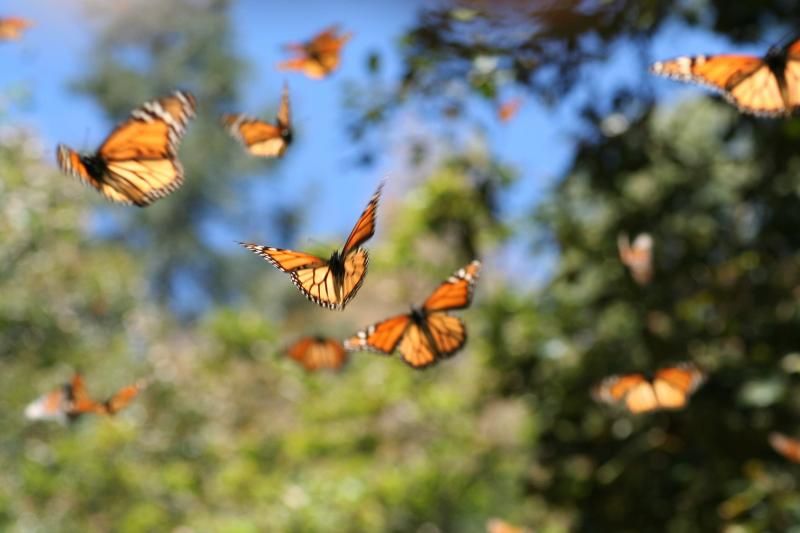
What can fans expect during your appearance for the ECOLIFE benefit on October 17th?
Ahhh... Marty and I do our own virtual performance right out of our own little 'covidly built' home studio, & then I team up w/Broadway's Basso Profundo Michel Bell for a beautiful closing duet set to a lush track, complete w/virtuoso flautist Gary Arbuthnot and the MOST extraordinary dancing duo of Curtis Collins & Beverly Durand. These are all fellow artists we've met in our years of cruising & they all feel the same way about Bill, Sunni & ECOLIFE.
Christine, you are one of the most positive and optimistic people I know - would you share some of your philosophies or practices with Broadway World readers looking for a way to stay hopeful during these stressful times?
So... I'm thinking long and hard about this answer Stephen... I revised it three times. Life moves in cycles... high's & low's, ebbs & flows... and I think we're going through a drastic reset (is that neutral???). I've known challenge, I've known heartache, I've known suffering... My heart goes out to everyone who has truly suffered during this time, but that hasn't been my experience. I've had the ability to think and feel my way through this without a lot of personal pain... but with empathy for all.
I think clear thinking is critical now more than ever. How do you do that now? What allows that now? To work through some of the dense emotions I'm experiencing as well as what my little empathic soul is picking up in the ether, I meditate... not on mantras necessarily...
I've been listening to Tara Brach's guided meditations which are free on Youtube and so very, very thoughtful, practical & helpful. And Esther Hicks who is a very interesting medium as well as doing Deepak Chopra's 21 Day Abundance Journey, which was very good for my soul...
Here's what I'm learning...
What if we didn't resist what's going on... it's going on, so it's of no use to resist if you think about it... yes? Suffering is not ok... but letting go of your resistance to it, doesn't mean you approve of the suffering, absolutely not, it's just that resistance dulls your thinking, inhibits perception. Instead, (and don't kick me...) is there anything you can appreciate now, right now? Something this time is giving you?... the slowing down? I know that might seem impossible to some, meaningless, and maybe more than irritating, but if you would allow just 10 min a day to feel your breath, or listen to the autumn wind shaking the leaves, anything to take you away from the torrent of thought... some simple meditation... space opens up in your head. The terrible density of doubt & fear can start to lift and allow your intuition to start flowing...
THEN, when you are in a more receptive mode ... have a good look at yourself and recognize what you've been doing, thinking, choosing, creating... what makes you happy, what makes you anxious or unhappy or just plain scared?
We are not our thinking... we are not MSNBC or FOX, or the next gig (whenever that is :) or what our neighbors think... we are unique individuals here with pure purpose to express our unique selves... I've always believed that... we are NOT our conditioning, the noise in our head.
There's no reason to be afraid of a quieter, slower rhythm in our head that might reveal us to ourselves...
Honestly, there could be some big energy at first if you haven't done it in awhile... but instead of judging, you can make the choice to be curious about what occurs in your mind, because that's what you say to yourself, everyday... is it useful? We are our biggest mystery and only we can unravel it...
Just imagine a world if we all did that... took responsibility for what we allow in our consciousness... it would be a different world for sure... filled with more people like Bill Toone & Sunni Black & organizations like ECOLIFE.
Mrs. Silvestri, Ms. Andreas, Christine, thank you so much for chatting with us today, and please come back again. Speaking personally, chatting with you is one of the highlights in my days.
Stephen........Mr. Bulldozer.....you are one of the good guys, and I thank you for caring......xox C
Learn more about ECOLIFE Conservation their VIRTUAL GALA featuring Christine Andreas and Michel Bell at the ECOLIFE website HERE
Resister for the ECOLIFE VIRTUAL GALA HERE
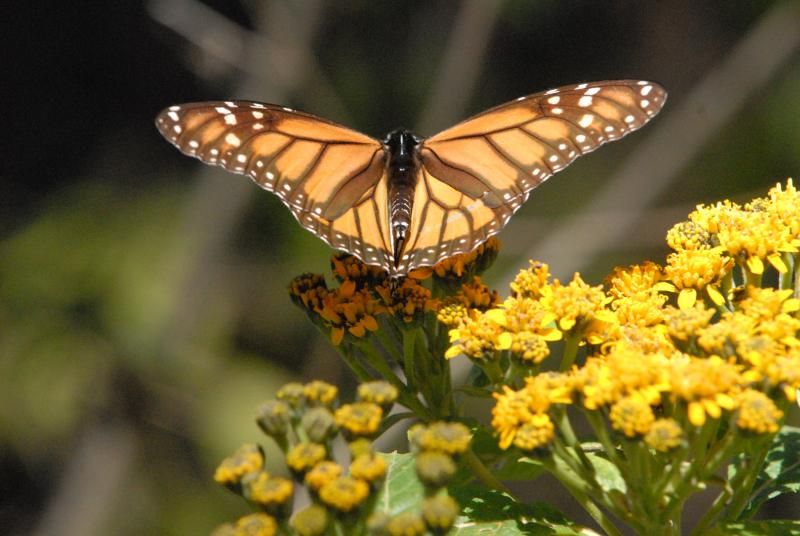
Videos

